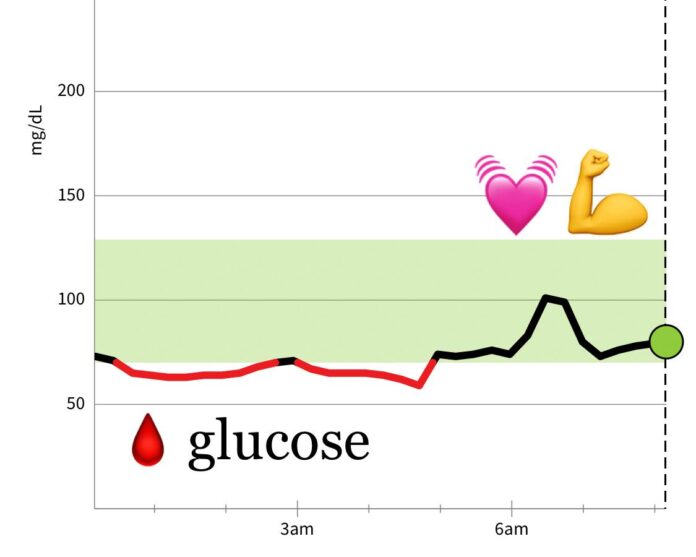
Understanding Fasting Blood Glucose: What You Need to Know
Fasting blood glucose is a key measurement in monitoring and managing diabetes. It is the level of glucose in the blood after an overnight fast and provides important information about how well your body is able to regulate blood sugar levels. In this article, we will explore what fasting blood glucose is, why it is important, how it is measured, and what the results mean.
What is Fasting Blood Glucose?
Fasting blood glucose is a measure of the amount of glucose in the blood after an overnight fast. Glucose is a sugar that comes from the food we eat and is the body’s main source of energy. It is regulated by insulin, a hormone that is produced by the pancreas. When we eat, our blood sugar levels rise, and insulin is released to help move glucose from the blood into the cells for energy. In between meals and overnight, when we are not eating, our blood sugar levels should remain stable.
Why is Fasting Blood Glucose Important?
Fasting blood glucose levels are important because they can indicate how well your body is able to regulate blood sugar levels. High blood sugar levels, also known as hyperglycemia, can be a sign of diabetes or prediabetes. Diabetes is a chronic condition that affects how your body uses glucose, leading to high blood sugar levels. If left uncontrolled, diabetes can lead to serious health complications, such as heart disease, stroke, kidney disease, and nerve damage.
By monitoring your fasting blood glucose levels regularly, you can identify any changes early and take steps to manage them. This may involve making lifestyle changes, such as improving your diet and increasing physical activity, or taking medication as prescribed by your doctor.
How is Fasting Blood Glucose Measured?
Fasting blood glucose is measured using a simple blood test. You will need to fast for at least 8 hours before the test, which means you should not eat or drink anything other than water during this time. The test is usually done in the morning, after an overnight fast, to get the most accurate results. A healthcare provider will take a sample of your blood, typically from a vein in your arm, and send it to a laboratory for analysis. The results are usually reported in milligrams per deciliter (mg/dL) or millimoles per liter (mmol/L).
What Do the Results Mean?
Normal fasting blood glucose levels are typically between 70 and 100 mg/dL (3.9 to 5.6 mmol/L). If your fasting blood glucose level is higher than normal, it may indicate that you have prediabetes or diabetes. Prediabetes is a condition in which blood sugar levels are higher than normal, but not high enough to be diagnosed as diabetes. It is a warning sign that you are at risk of developing diabetes if you do not make changes to your lifestyle.
If your fasting blood glucose level is consistently above 126 mg/dL (7.0 mmol/L) on two separate tests, you may be diagnosed with diabetes. In this case, your healthcare provider will work with you to develop a treatment plan to help manage your blood sugar levels and prevent complications. This may involve monitoring your blood sugar levels regularly, making dietary changes, increasing physical activity, taking medication, and possibly insulin therapy.
In addition to diabetes, high fasting blood glucose levels can also be caused by other factors, such as stress, illness, certain medications, hormonal imbalances, and liver or kidney disease. It is important to work with your healthcare provider to determine the underlying cause of high blood sugar levels and develop a personalized treatment plan.
On the other hand, low fasting blood glucose levels, below 70 mg/dL (3.9 mmol/L), may indicate hypoglycemia, which is when blood sugar levels drop too low. This can be dangerous and may cause symptoms such as dizziness, confusion, weakness, and sweating. If you experience symptoms of hypoglycemia, it is important to eat or drink something that contains sugar to raise your blood sugar levels quickly.
In conclusion, understanding fasting blood glucose is an important aspect of managing diabetes and monitoring your overall health. By knowing what fasting blood glucose is, why it is important, how it is measured, and what the results mean, you can take control of your health and work with your healthcare provider to make informed decisions about your diabetes care. Monitoring your fasting blood glucose levels regularly and making lifestyle changes as needed can help you prevent complications and live a healthier, more fulfilling life.












